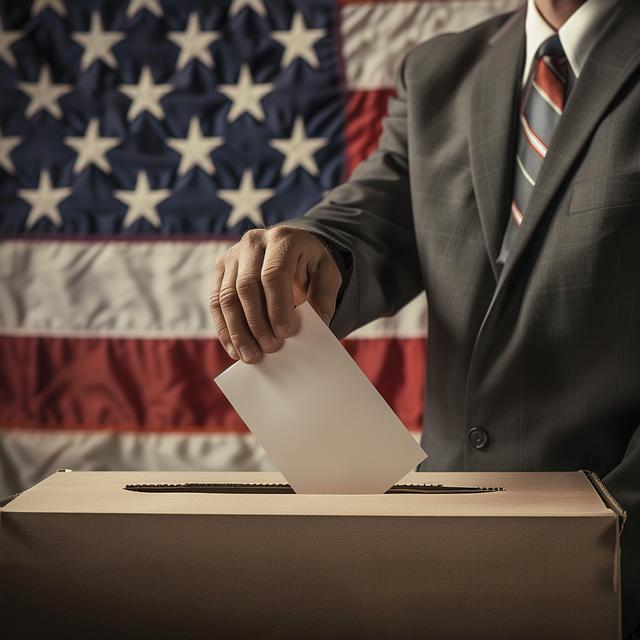“`html
Election Reforms in Pakistan: The Path to Free and Fair Elections
Election reforms in Pakistan have become a pressing demand among citizens, activists, and political entities. The importance of free and fair elections cannot be overstated as they are the cornerstone of democracy. This article examines the current landscape of electoral practices in Pakistan and highlights essential reforms to pave the way for democratic integrity.
Understanding the Need for Election Reforms
Pakistan, like many nations, has faced numerous challenges in its electoral processes, including:
- Corruption: Allegations of vote-buying and manipulation.
- Voter Apathy: Low voter turnout due to disenchantment with the electoral process.
- Lack of Transparency: Insufficient visibility in the electoral process leads to skepticism among voters.
The need for robust election reforms arises from the necessity to strengthen the democratic framework of the country, enhance public trust, and uphold the rule of law.
Key Areas for Reform
1. Strengthening the Election Commission of Pakistan (ECP)
The independence of the ECP is crucial for conducting fair elections. Proposed reforms include:
- Appointment of ECP members through a transparent parliamentary process.
- Enhancing the ECP’s budget autonomy to prevent government influence.
2. Voter Registration and Education
Improving voter registration processes is vital. Suggested strategies may include:
- Online voter registration to streamline access.
- A nationwide campaign to educate citizens about their voting rights and the registration process.
3. Electoral Accountability
- Implementing stringent measures to hold political parties accountable for campaign financing.
- Using technology to track campaign expenses and ensure transparency.
4. Technological Advancements
Leveraging technology can enhance the electoral process. Recommendations include:
- Using biometric verification to prevent impersonation.
- Introducing a secure and manageable electronic voting system.
The Benefits of Election Reforms
Implementing these reforms can yield significant benefits, such as:
- Increased Voter Participation: Trust in the electoral process can encourage higher voter turnout.
- Enhanced Political Stability: Fair elections lead to legitimate representation and stability.
- Stronger Civil Society: Empowered citizens are more likely to engage in political processes.
Case Studies of Successful Reforms
Looking at global examples can provide valuable insights. For instance:
| Country | Reform Implemented | Outcome |
|---|---|---|
| India | Introduction of Electronic Voting Machines | Increased transparency and reduced fraud. |
| South Africa | Independent Electoral Commission | Significant public trust in election outcomes. |
Practical Tips for Engaging in the Reform Process
Citizens can actively participate in the reform process by:
- Joining local advocacy groups focused on electoral integrity.
- Using social media to raise awareness about the importance of electoral reforms.
- Engaging with local representatives to express support for necessary changes.
Conclusion
Election reforms in Pakistan are essential for fostering a healthy democratic environment. By focusing on transparency, accountability, and the utilization of technology, Pakistan can ensure that future elections are free and fair. Citizens play a crucial role in this journey; their engagement and advocacy are vital to shaping a government that truly represents the will of the people. As Pakistan moves forward, the commitment to reform must remain strong, as it is the only path to a stable and prosperous future.
“`



